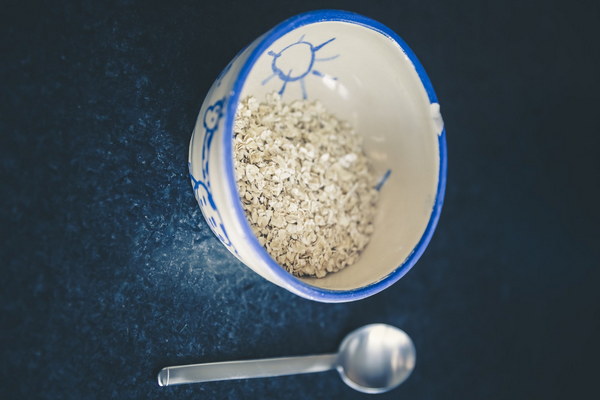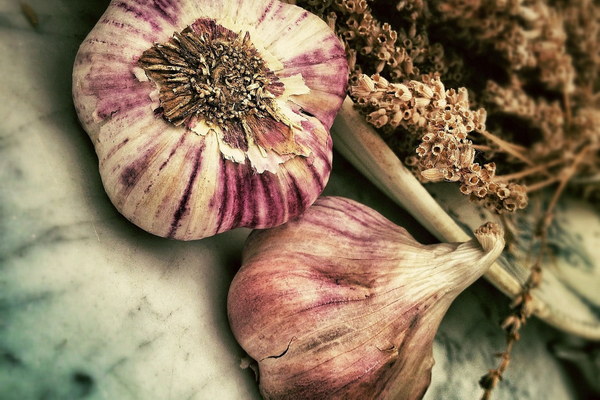Revitalizing Stomach Health The Essence of UlcerHealing and Stomach Nourishment
In the fast-paced world we live in, where stress and unhealthy eating habits are prevalent, maintaining stomach health has become a challenge for many. Ulcer-healing and stomach nourishment are two essential components that can help us achieve a balanced and healthy digestive system. This article delves into the concept of Ulcer-Healing and Stomach Nourishment, providing insights into its significance and practical tips to improve your stomach health.
Ulcer-healing refers to the process of treating and preventing stomach ulcers, which are sores that develop on the lining of the stomach or the first part of the small intestine. These ulcers are often caused by an infection with Helicobacter pylori bacteria or the long-term use of nonsteroidal anti-inflammatory drugs (NSAIDs). Stomach nourishment, on the other hand, focuses on providing the stomach with the necessary nutrients and care to ensure its optimal functioning.
The importance of ulcer-healing and stomach nourishment cannot be overstated. A healthy stomach is crucial for proper digestion, nutrient absorption, and overall well-being. When the stomach is not functioning correctly, it can lead to various health issues, including indigestion, bloating, heartburn, and even more serious conditions like irritable bowel syndrome (IBS) and inflammatory bowel disease (IBD).

Here are some practical tips to help you achieve ulcer-healing and stomach nourishment:
1. Maintain a balanced diet: Incorporate a variety of fruits, vegetables, whole grains, lean proteins, and healthy fats into your diet. Foods rich in fiber, such as apples, pears, and leafy greens, can help improve digestion and reduce the risk of developing ulcers. Additionally, consuming probiotics, found in yogurt, kefir, and fermented foods, can promote a healthy gut flora and aid in ulcer-healing.
2. Avoid trigger foods: Certain foods can irritate the stomach lining and exacerbate symptoms of ulcers. These include spicy foods, alcohol, caffeine, and acidic foods like tomatoes and citrus fruits. By avoiding these trigger foods, you can help reduce stomach acidity and promote healing.
3. Manage stress: Stress can have a significant impact on stomach health. Techniques such as meditation, deep breathing exercises, and yoga can help you manage stress levels and reduce the risk of developing ulcers.
4. Limit NSAID use: If you are taking NSAIDs for pain relief or inflammation, consider alternative medications or consult with your healthcare provider to minimize the risk of stomach ulcers.
5. Quit smoking: Smoking can increase the risk of developing ulcers and delay the healing process. Quitting smoking is an essential step in improving stomach health.
6. Regular exercise: Engaging in regular physical activity can help improve digestion, reduce stress, and maintain a healthy weight. Aim for at least 30 minutes of moderate exercise most days of the week.
7. Adequate sleep: Ensure you get enough sleep each night, as insufficient sleep can disrupt your digestive system and increase the risk of ulcers.
8. Seek medical advice: If you suspect you have an ulcer or are experiencing persistent stomach pain, consult with your healthcare provider for proper diagnosis and treatment.
In conclusion, ulcer-healing and stomach nourishment are vital for maintaining a healthy digestive system and overall well-being. By adopting a balanced diet, managing stress, and taking care of your stomach, you can reduce the risk of developing ulcers and enjoy a happier, healthier life. Remember, it's never too late to start making positive changes to your lifestyle and improve your stomach health.









